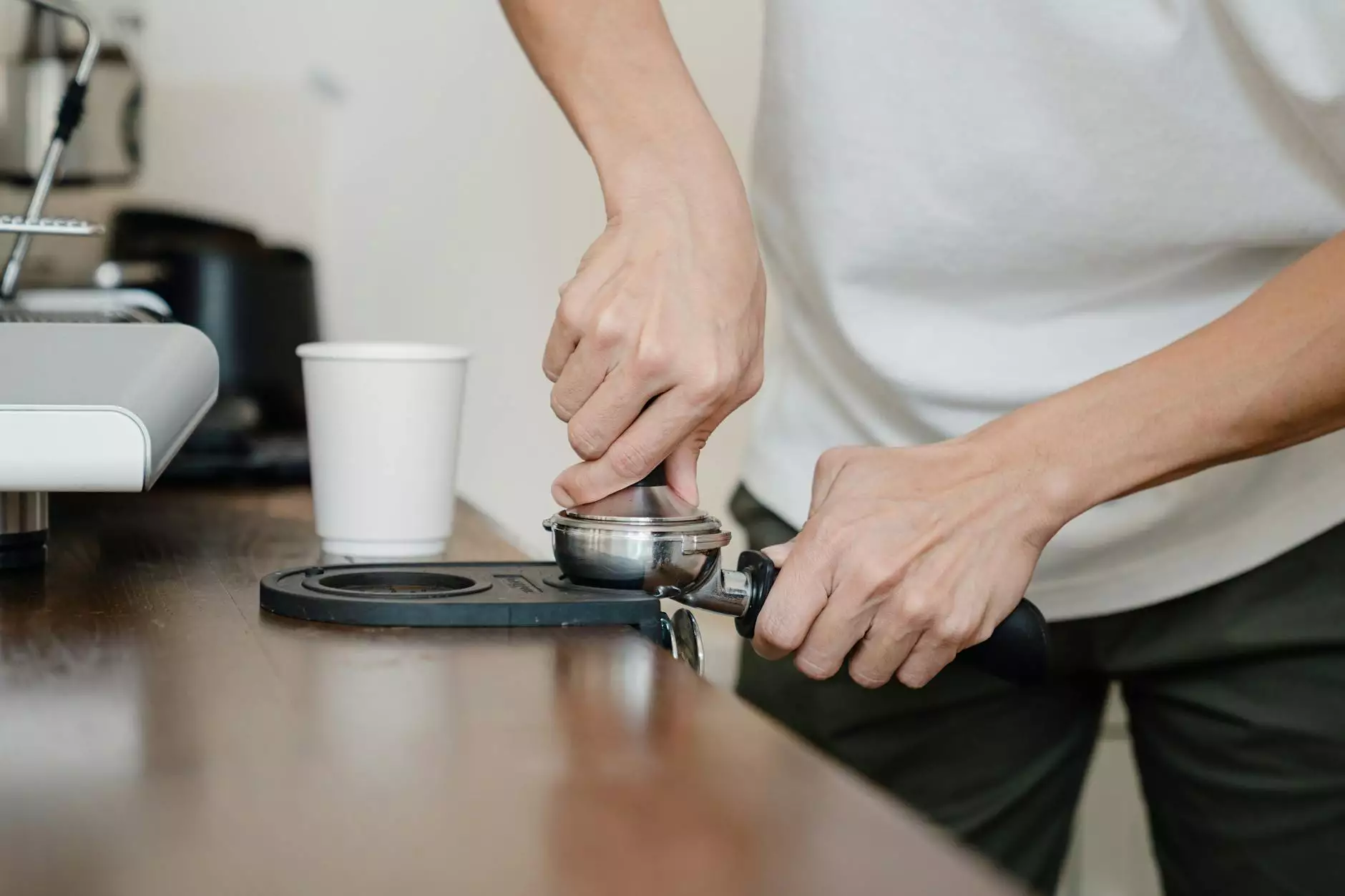Cabin Air Filter Replacement: Essential Guide for Optimal Vehicle Performance

The cabin air filter is a crucial yet often overlooked component of your vehicle's ventilation system. Just as the air filter prevents dirt and debris from entering the engine, the cabin air filter ensures that the air you and your passengers breathe inside the vehicle is clean and free from contaminants. In this article, we will cover everything you need to know about cabin air filter replacement, its importance, how to recognize when it needs changing, and tips for maintaining your filter effectively.
Understanding the Role of Cabin Air Filters
Before diving into the details of cabin air filter replacement, it's essential to understand what this filter does. The cabin air filter is primarily designed to:
- Block Harmful Particles: It filters out dust, pollen, soot, and other pollutants that can enter your vehicle when you drive.
- Enhance Comfort: By ensuring clean air circulation, it contributes to a more pleasant environment inside the car.
- Prevent Odors: A clean cabin air filter can help prevent unpleasant smells from developing inside the vehicle.
Signs You Need a Cabin Air Filter Replacement
Knowing when to replace your cabin air filter is crucial to maintaining the air quality inside your vehicle. Here are some common signs indicating that it’s time for a cabin air filter replacement:
- Reduced Airflow: If you notice that the air coming from the ventilation system is weaker than usual, it may indicate a clogged filter.
- Persistent Odors: Unpleasant smells, often due to mold or mildew, suggest that the filter is no longer effective.
- Increased Dust Inside Vehicle: If you see more dust settling inside the cabin, the filter may not be capturing particles effectively.
- Allergy Symptoms: If you or your passengers experience increased allergy symptoms while in the vehicle, it could be due to a dirty filter.
How Often Should You Replace Your Cabin Air Filter?
The frequency of cabin air filter replacement can vary depending on several factors. Generally, it’s recommended to replace the cabin air filter every 15,000 to 30,000 miles, or at least once a year. However, you might need to change it more frequently under certain conditions:
- Heavy Traffic: Frequent stop-and-go driving in urban traffic can lead to quicker buildup of pollutants.
- Driving in Dusty Conditions: If you often drive in rural or construction areas, consider changing your filter more frequently.
- Seasonal Changes: Pollen levels can vary significantly with the seasons; changing filters in spring can help with allergy control.
DIY Cabin Air Filter Replacement: A Step-by-Step Guide
If you're handy and want to save some money, you can replace your cabin air filter yourself. Here's a comprehensive guide:
What You'll Need:
- New cabin air filter (be sure to check your vehicle’s manual for specifications)
- Screwdriver (if necessary)
- Cleaning cloth
Steps to Replace Your Cabin Air Filter:
- Locate Your Cabin Air Filter: Check your vehicle’s owner's manual to find out where the filter is located. Common spots include behind the glove compartment or under the dashboard.
- Remove the Old Filter: If applicable, remove any screws or clips holding the filter in place. Carefully slide the old filter out of its casing.
- Inspect the Filter Housing: Use a cleaning cloth to remove any dust or debris from around the filter compartment.
- Install the New Filter: Slide the new filter into the housing, ensuring it is placed in the correct orientation (check for airflow direction arrows).
- Reassemble the Unit: Replace any screws or clips and reassemble any components you may have removed.
- Test the Airflow: Start the vehicle and run the air conditioning or heating system to ensure proper airflow.
Benefits of Regular Cabin Air Filter Maintenance
Investing time and effort into regular cabin air filter replacement offers numerous benefits:
- Improved Air Quality: A new filter provides a healthier environment for you and your passengers.
- Enhanced Vehicle Performance: Proper airflow aids the HVAC system’s efficiency, helping you save on fuel costs.
- Increased Comfort: You can enjoy a more pleasant ride when clean air circulates in your vehicle.
- Potential Cost Savings: Preventing issues caused by a dirty filter can save on more extensive repairs down the line.
The Risks of Ignoring Cabin Air Filter Replacement
Neglecting to replace your cabin air filter can lead to several serious issues, including:
- Poor Air Quality: Breathing in polluted air can worsen allergies and respiratory problems.
- HVAC System Issues: Clogged filters can stress your heating and cooling system, leading to costly repairs.
- Unpleasant Odors: Accumulated moisture and dirt can create foul smells that linger in your vehicle.
Choosing the Right Cabin Air Filter for Your Vehicle
When replacing your cabin air filter, consider the following factors to ensure you select the best option:
- OEM vs. Aftermarket: Choose between Original Equipment Manufacturer (OEM) filters, which are made by the vehicle’s manufacturer, and aftermarket filters that may offer different pricing and performance.
- Filter Type: Activated carbon filters can help reduce odors, while HEPA filters provide superior filtration for allergens.
- Check Compatibility: Always confirm that the filter you choose fits your vehicle’s specifications.
Regular Maintenance and When to Seek Professional Help
While many vehicle owners opt for DIY maintenance, there are times when consulting a professional like those at asgindy.com is beneficial. Factors to consider include:
- Complex Systems: Some vehicles have more complex HVAC systems that require professional expertise.
- Time Constraints: If you're unable to dedicate time to regularly check and change your air filter, a professional service may be more convenient.
- Comprehensive Inspection: Automotive professionals can provide a thorough inspection of your vehicle for any underlying issues.
Conclusion
The importance of cabin air filter replacement cannot be overstated. Regular maintenance of this essential component can enhance your driving experience, improve air quality, and even save you money on potential repairs. Whether you're tackling this task yourself or seeking professional assistance, staying aware of your cabin air filter's condition is key to enjoying a safe and comfortable ride. For expert assistance in Indianapolis, visit asgindy.com to ensure your vehicle's health and safety.



